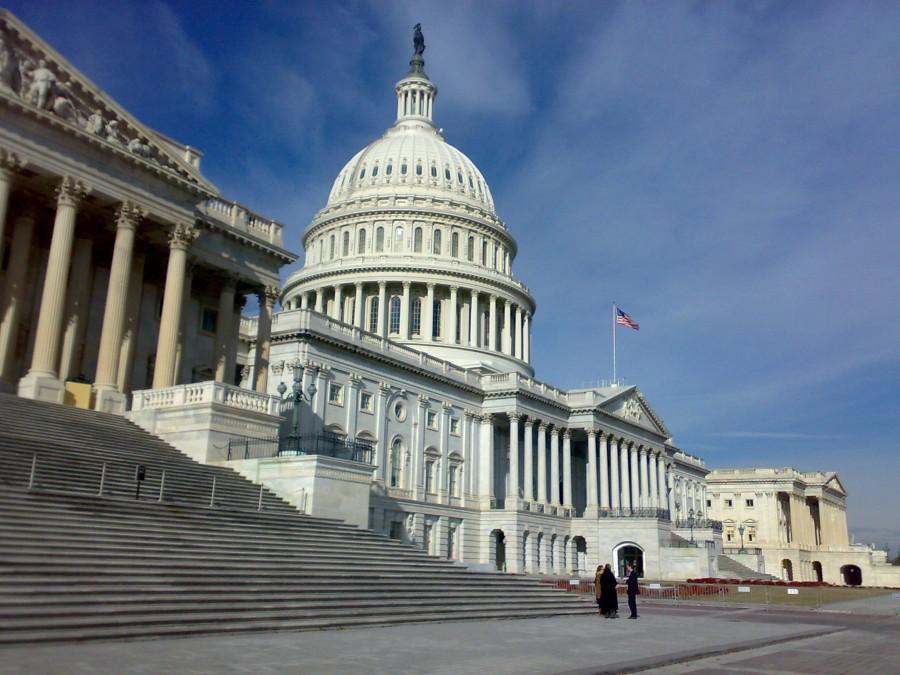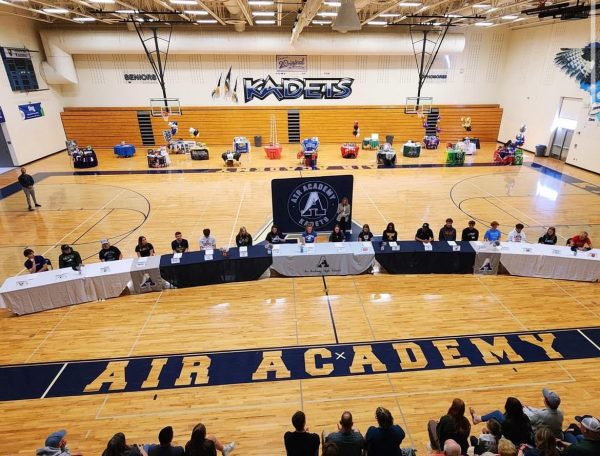Two Terms in Review
In his final State of the Union address to Congress last month, President Obama made sure that the country was not about to forget the past, nor limit the future. The President spoke of the current state of the nation’s economy, the threat of climate change and ISIS, as well as what needs to be done in the Washington power game, all while emphatically reverberating the notion that although his two-terms in the Oval Office were constantly criticized, they have brought the nation from shambles to prosperity.
Now, obviously there are two fairly distinct beliefs regarding the validity of his claims– as made clear by the almost always sedentary GOP majority for the duration of the speech. According to nearly every poll from the past 2.5 years, President Obama hasn’t been in high holdings with voters nationwide. His approval rating hasn’t been terrible, usually hovering around 50% (its lowest was 39% and his highest was 68%), but a generally negative trend is clear.
So why exactly is it that despite the longest streak of growth in American history, more Americans receiving health care than ever before, a reduction in carbon emissions nationwide, and a deficit that has been cut down by three-quarters, Americans still aren’t smiling upon the Obama administration in its sunset? One answer may be that today’s average citizen’s priorities aren’t necessarily in line with what President Obama has set forth to accomplish in his tenure in office. In 2008, the central issues of the election were the economy, the war in Iraq, health care, terrorism, and illegal immigration in order of priority respectively. In 2012, the main problems that Americans thought were important included the economy, social issues, Social Security, health care, the federal deficit, foreign policy in the Middle East, and terrorism at the very bottom of the list with 1% of polled subjects saying they felt it was the nation’s primary focus. In 2016, for the first time in the Obama administration, terrorism has surpassed the economy in terms of importance to the public. The economy still holds a close second, but the fear of an attack on home soil is taking the initiative in this year’s elections. This shift in focus might be clouding the public’s views on the state of the union, and poisoning the proverbial well of the President’s image. However, the most recent poll from Gallup shows Obama’s approval rating is dead even between approval and disapproval.
Why the sudden shift? Actually, that might as well be a rhetorical question. We all know why the public is starting to feel less and less safe in their homes. The surge and growth of ISIS over the last two years, as well as the reoccurring attacks on western nations from the extremist group has been the center of media attention incessantly. Whether or not there is truth to the claims made by Republican candidates that Americans “are not safe” is up for debate, but it’s evident that more and more of the population believe these frightening quotes to be true.
Roughly a fourth of the President’s State of the Union address was concerned with his administration’s steps towards a viable renewable energy market in the country — yet environmental issues aren’t that large of a platform for either party at the moment. Even Democrats who are labeled as “greener” haven’t made a substantial effort to put the issue in focus. Take the historic Paris Climate Conference that concluded last month. The United States took charge and organized 195 other nations together to make progress towards cleaner human activity, but the GOP held that the conference (which had been planned and developed over the course of three years prior to the actual meeting) should have been centered around ISIS and what threats it poses to the world. When that point was brought up by Marco Rubio during the fourth Republican debate, it received a raucous cheer from the audience in Milwaukee.
Alas, in lieu of the President’s final address to a bicameral union of Congress, it is fair to say that the President has accomplished much of what he set out to do. That isn’t to say that he found victories on everything, nor does it imply that the legality of his work was not questioned. He did pass a health care reform that reinvented the system that had stood for over a century, even though it drew fiery dissent from both the Right and the Left. He was in office during the national legalization of gay marriage – though his true impact on that Supreme Court decision is questionable. He did perform a significant withdrawal of troops from the Middle East – though he was criticized by the Democrats for taking too long and the Right for destabilizing the communities left behind. He did make the most progress towards a sustainable energy market than any President before him – though Republicans doubt the need for such measures.
Really, in the end, an individual’s perception of the man’s record is their own, but the facts of the matter stand.


















Pam Lively • Feb 5, 2016 at 1:07 pm
I love your intro sent.
Change “today’s average citizen’s priorities” to “the priorities of today’s average citizen . . .” for sent. fluency.
Obama is the 1st pres. to endorse gay marriage, though Biden jumped out in front on the announcement.
I liked your factual approach & report of both sides.
Jenny Beth Maynard • Feb 4, 2016 at 1:40 pm
Jake. You’re a phenomenal reporter/analyst.
Sebastian Lloret • Feb 4, 2016 at 1:34 pm
Quite a thought provoking discourse on the non-sequitur known as American politics. Also love the use of french, quite a sophisticated use of colloquial phrases to create meaning in the piece.